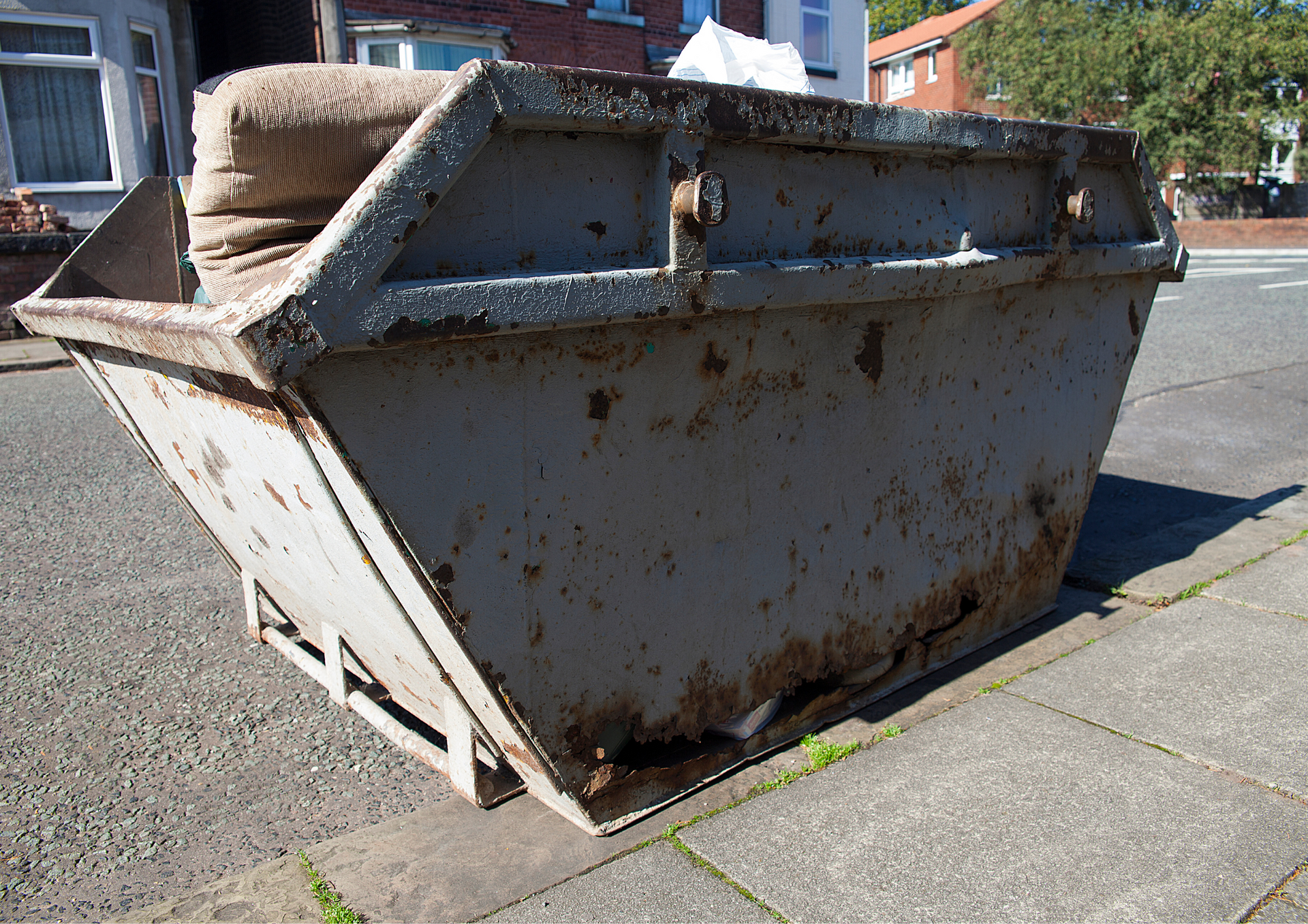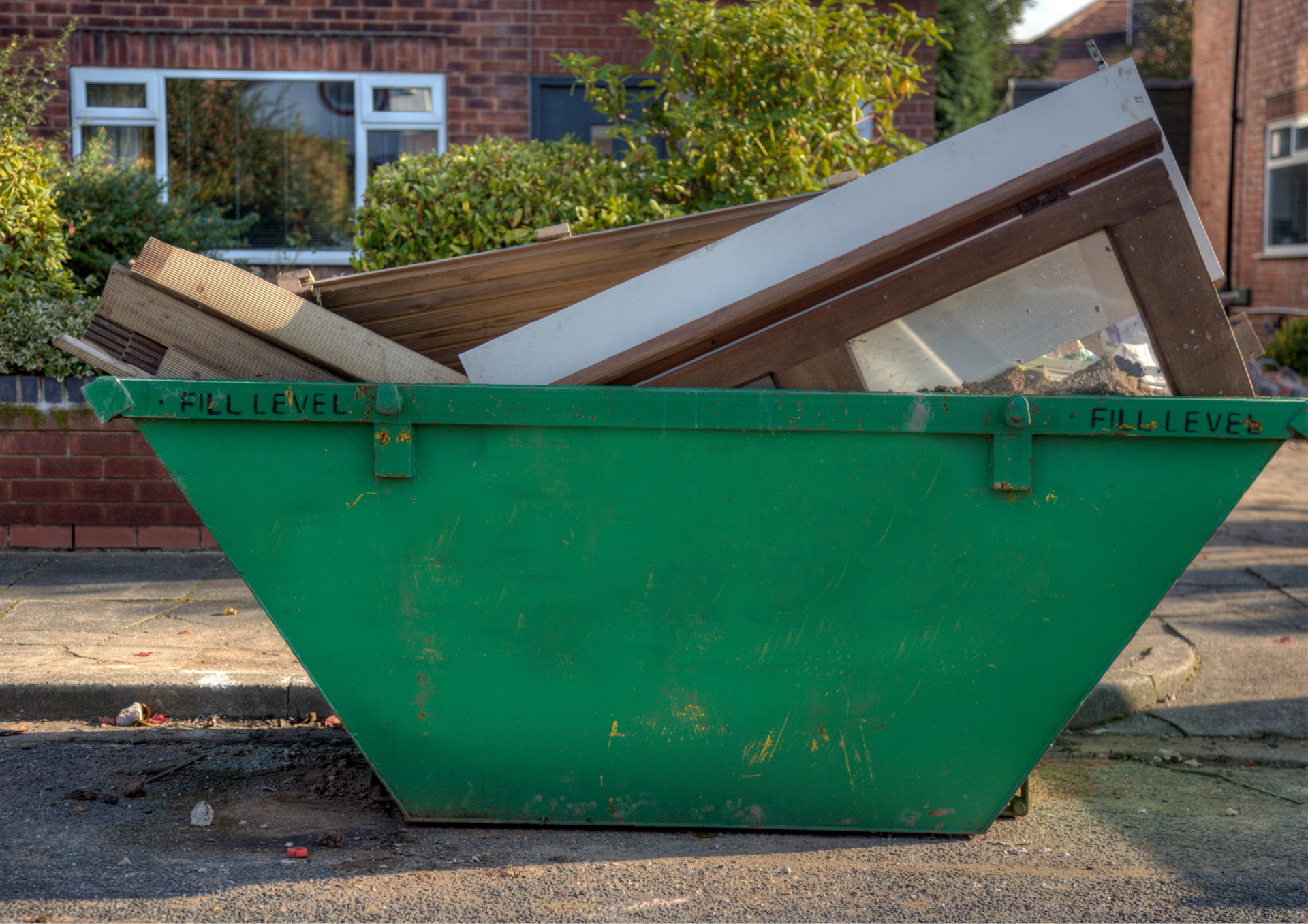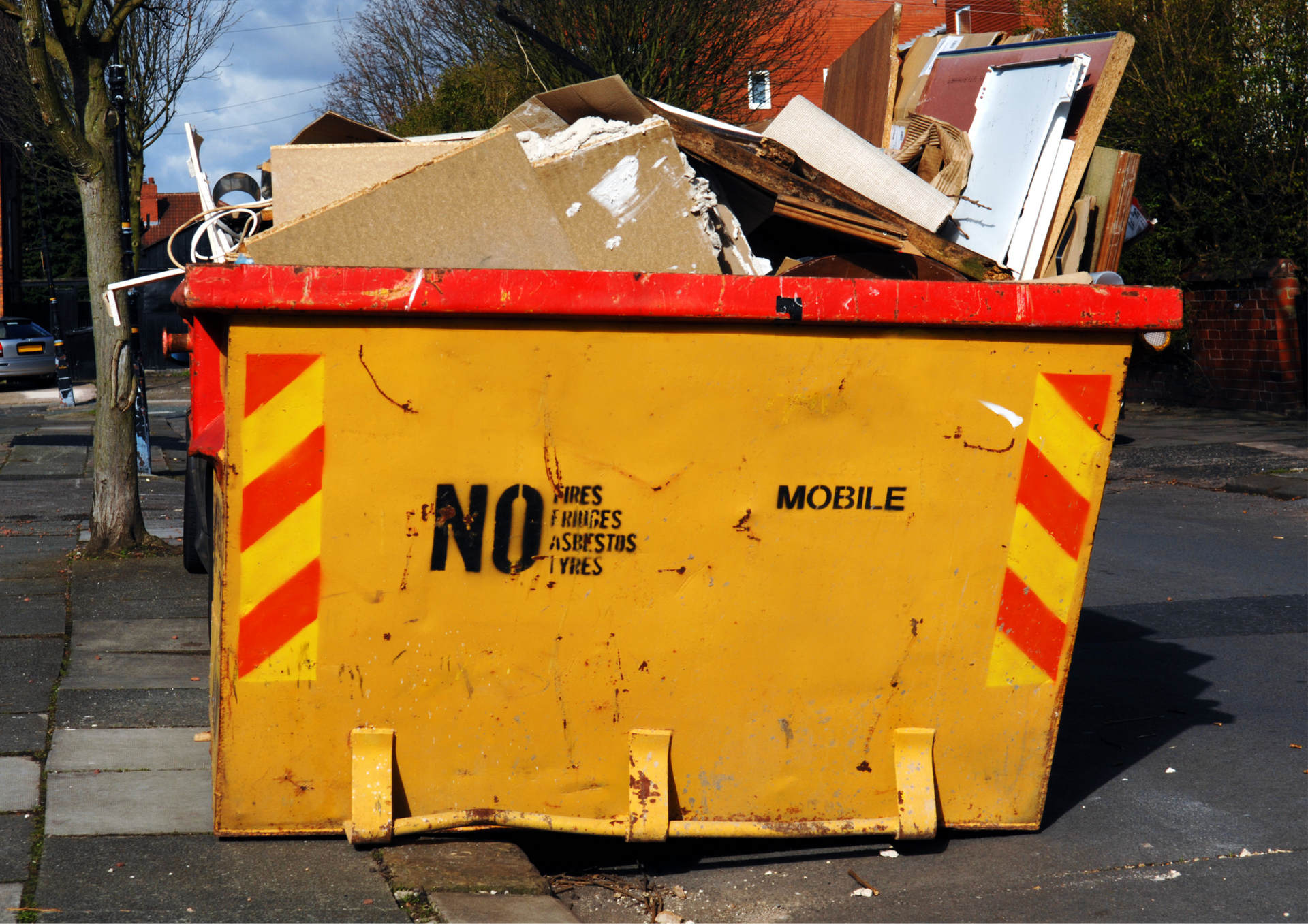Understanding Skip Hire Costs: What You’re Really Paying For
Whether you’re renovating a home, managing a construction site, organising an event, or clearing out an office, hiring a skip is one of the most practical ways to handle large volumes of waste efficiently. However, when comparing quotes, many people wonder what exactly makes up the skip hire cost. Understanding this can help you make better choices, avoid hidden fees, and ensure you’re getting genuine value for money.
This guide breaks down skip hire costs — what affects pricing, choosing the right size, and getting the best deal.
The Key Factors Influencing Skip Hire Cost
The first thing to understand about skip pricing is that it isn’t one-size-fits-all. Several factors contribute to the final price you’ll pay, and being aware of them helps you make informed comparisons between providers.
1. Location and Accessibility
Where you live or operate can significantly affect the overall skip cost. Urban areas often have higher disposal and permit fees, while rural locations may incur transport charges depending on distance. Accessibility is another consideration — if your property has limited space or restricted access, special arrangements like wait-and-load services may slightly adjust the pricing.
2. Duration of Hire
The length of time you need the skip can also influence cost. Most companies offer standard hire periods, such as 7 to 14 days, but extending beyond this timeframe may incur daily or weekly surcharges. Planning your project timeline and ensuring your waste is ready for disposal when the skip arrives can help avoid extra costs.
3. Type of Waste
Not all waste is treated equally. General household rubbish typically costs less to dispose of than construction debris, soil, or plasterboard. Hazardous materials — such as asbestos, chemicals, or electrical waste — require specialist handling, which can increase the price due to stricter disposal regulations.
4. Local Permits and Regulations
If your skip needs to be placed on a public road, a local council permit is usually required. Permit fees vary by area and can add anywhere from £20 to £80 to your total, depending on the council’s policies. Reputable companies often assist with the permit application process, ensuring your hire remains compliant with local regulations.
All these components combine to create the overall skip hire cost, and understanding them can prevent surprises later on.
Skip Sizes and Prices: Choosing What Fits Best
Selecting the right skip size is one of the most important decisions when renting. Ordering too small may require multiple hires, while too large could mean paying for unused capacity. Matching your project type to the correct size ensures both cost-efficiency and convenience.
Mini skips (2–3 yards) are ideal for small domestic clean-ups, such as garden waste or minor renovations. They hold around 25–35 black bin bags and are perfect for homeowners seeking affordable disposal without taking up much space.
Midi skips (4–5 yards) work well for slightly larger projects like kitchen refurbishments or medium-scale clearances. Builders’ skips (6–8 yards) are the go-to for construction and renovation sites, accommodating heavy materials such as bricks, soil, and rubble.
For major projects or commercial use, large skips (10–12 yards) and roll-on roll-off containers (20–40 yards) are best suited, particularly for significant waste volumes.
When comparing
skip sizes and prices, remember that the larger the skip, the lower the cost per cubic yard of waste — making it more economical for large-scale work. Assessing your project’s volume realistically ensures you strike the right balance between cost and practicality.

What Determines Skip Prices Beyond Size
While skip dimensions are an obvious factor, there’s more to skip prices than volume alone. One crucial component lies in how waste is processed after collection.
Reputable skip firms follow strict environmental standards to ensure waste is recycled or repurposed wherever possible. Modern recycling centres categorise materials into metals, plastics, timber, soil, and aggregates, helping divert substantial amounts from landfill. This recycling process, while environmentally beneficial, carries its own operational costs — which are reflected in skip pricing.
Transport costs are another variable. The distance between your location and the waste processing facility affects fuel and labour charges. Additionally, fluctuations in landfill tax rates or recycling fees imposed by government regulations can influence prices periodically.
When you rent a skip bin, you’re paying not just for the container itself, but for responsible waste handling, compliant disposal, and the assurance that your rubbish is managed sustainably. Choosing a professional service means peace of mind knowing your waste isn’t contributing unnecessarily to environmental damage.
How to Find the Best Price Skip Bins Without Cutting Corners
Everyone loves a good deal, but when it comes to waste management, the cheapest option isn’t always the best. There are ways to find the best price skip bins without compromising on quality, legality, or safety.
1. Compare Comprehensive Quotes
Always check what’s included in the price — delivery, collection, disposal, and permits. A low initial rate might exclude essential fees, which could cost more in the long run.
2. Confirm the Company’s Credentials
Make sure your chosen provider is licensed by the Environment Agency. Unlicensed operators may dispose of waste illegally, exposing you to fines or legal issues. A reputable company will always provide its registration number upon request.
3. Plan Your Waste in Advance
Segregating recyclables, estimating volume accurately, and preparing the area beforehand can help reduce costs. For instance, flattening boxes or compacting lighter materials lets you maximize skip capacity.
4. Take Advantage of Local Expertise
Hiring locally often saves on transport fees and ensures faster turnaround. Local providers are also more familiar with area-specific regulations, helping streamline the process and avoid unnecessary permit delays.
Understanding the elements that make up your
skip hire cost helps you make more informed, cost-effective choices. From waste type and size to location and environmental compliance, each factor plays a role in determining the total price. By knowing what to expect and how to optimize your hire, you can manage your project efficiently while ensuring legal and eco-friendly disposal.
Whether you’re a construction firm overseeing multiple sites, a homeowner renovating your property, or a business relocating offices, a well-chosen skip can save time, effort, and money while keeping your workspace clean and compliant.
At
Skip Hire Northwich, we pride ourselves on offering transparent pricing, flexible hire periods, and eco-responsible waste management. Our experienced team assists with everything from size selection to council permits, ensuring a hassle-free experience from start to finish.
We cater to homeowners, contractors, and businesses across the region — providing reliable delivery, prompt collection, and professional service every time. Whether you’re tackling a small domestic project or managing a large construction site, our range of skips ensures we have the perfect fit for your needs.
Latest post on X:
Skip hire costs – a clear breakdown of what you’re paying for!




